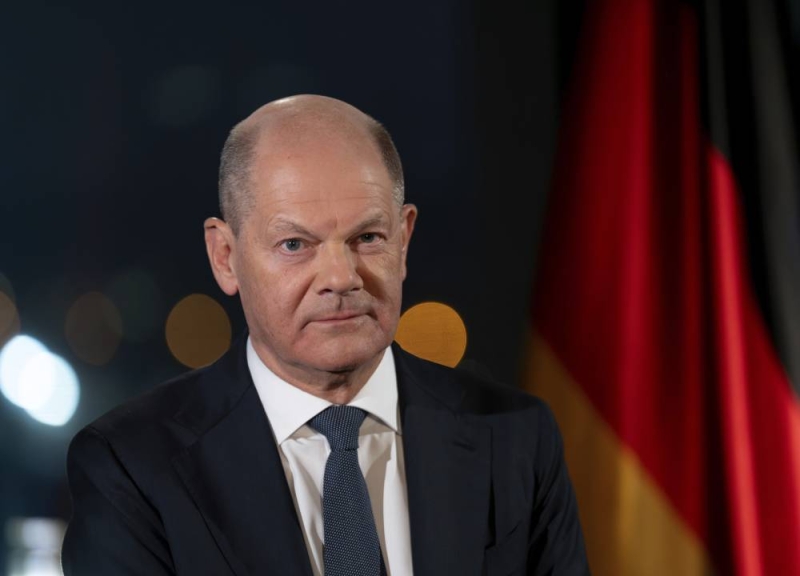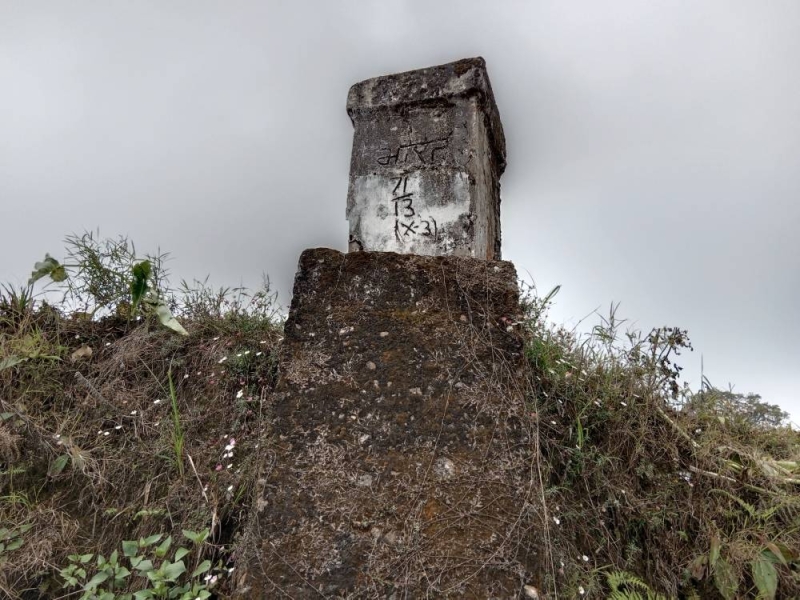Govt has to justify its one-door mechanism for receiving funds
Govt has to justify its one-door mechanism for receiving funds
Published: 09:12 am Jun 25, 2015
KATHMANDU: As the country prepares to host the international conference on Nepal’s reconstruction on Thursday, the coalition government will try to convince donors why it wants their funds — be it grant or loan — channelised through a one-door government mechanism rather than disbursement through fragmented non-governmental units. ICNR is certainly a proper platform for government leaders to justify their earlier stances on fund utilisation through the government channel, according to Joint Secretary Rameshowr Dangal at the Ministry of Home Affairs. A multitude of stakeholders, refusing to provide support through the existing government mechanism, had commenced rescue and relief efforts with little coordination in the past weeks. “Government mechanisms however reached out to each and every affected household with immediate relief within a month of the disaster,” claimed Dangal, who also heads the Disaster Management Division. Despite the high-level political clout (with UCPN-M and others’ reservation), the newly conceptualised Prime Minister-led reconstruction authority cannot be effective in building a resilient Nepal. Donors will certainly express concerns about the government’s absorptive capacity, its implementation plan, necessary arrangements and coordination mechanism to avoid programme duplication and to ensure that equitable resources are invested in all affected areas. They will certainly focus on coordinated and coherent approaches, which are important in recovery and reconstruction processes. While government representatives are set to present a comprehensive estimate of needs and coherent recovery strategies for each affected sector such as private housing, education, tourism, health, culture, agriculture and livestock, among others, at the conference, it is equally important for them to elaborate empirical as well frugal measures that need to be in place to provide an enabling environment for people to comply with building back better standards under short, medium and long-term reconstruction plans. Lack of people’s representatives in local government is another challenge to timely utilisation of funds as it equally increases the risk of being diverted towards non-recovery efforts. The government must convince donors about the reliability of its method of monitoring financial flows to local governments. “There are a lot of issues that need to be addressed in a planned manner,” agreed the joint secretary, claiming that it would be an opportunity for all to convert adversity into opportunity. There is need of strong support from high-level political leadership to implement reconstruction plans and programmes that will certainly convince donors, who often face challenges in coordinating with the government while supporting development projects. With the aim of restoring capacity to manage the recovery process at the grassroots, the conference, organisers hope, will also focus on clear and transparent mechanism for tracking funds. “An early as well as well-crafted strategy for implementation of sustainable reconstruction plans is needed to allay frequent donor concerns related to financial transparency.”





